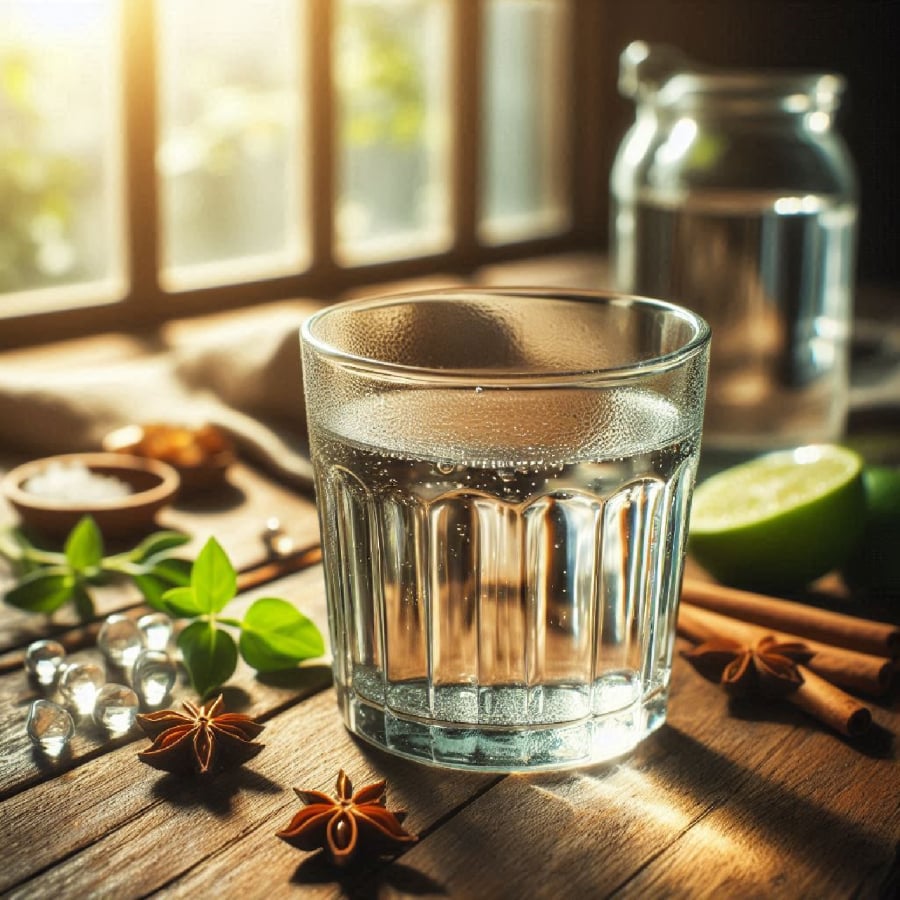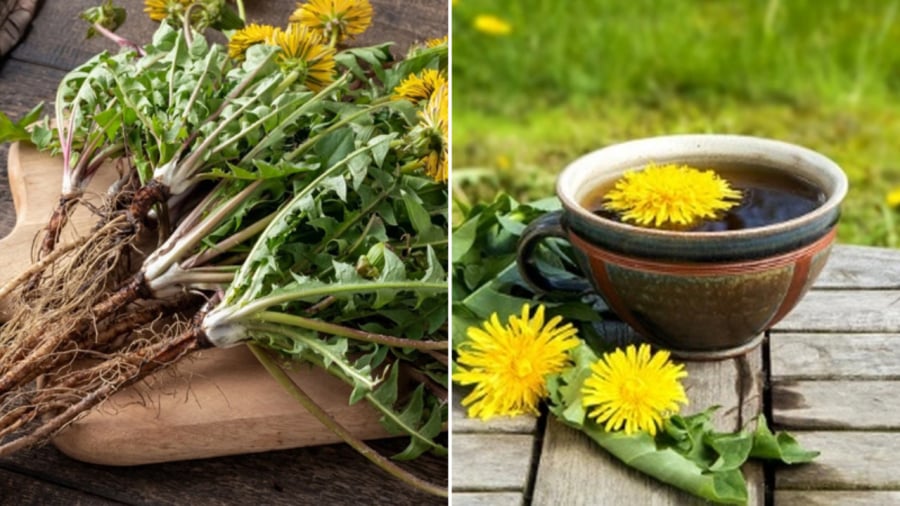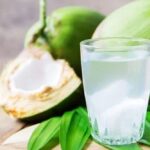Kidney Stone Causes
There are several factors that contribute to the development of kidney stones. One common cause is the combination of calcium with other substances in the body, such as phosphorus and oxalate present in urine, which then form stones.
Additionally, a build-up of uric acid due to protein metabolism disorders can also lead to kidney stones.
When crystals and small stones form in the urinary system, they may pass out of the body through urine. However, they can also become lodged along the way. As the crystallization process continues, larger stones are formed.
These larger stones can obstruct the flow of urine, leading to a back-up of urine and dilation above the blockage. At this point, further issues such as infections and new stone formation may occur.
Kidney stones are associated with various other factors, including genetic predisposition, urinary tract abnormalities, dehydration, frequent urinary retention, a high-protein and high-salt diet, excess calcium and vitamin C intake, and urinary tract infections.
Signs and Symptoms of Kidney Stones
When kidney stones become lodged in a particular location, they can cause significant pain. This pain is typically felt in the flank area and may radiate to the front and lower regions. The pain can be sudden and intense, especially after strenuous activity. If left untreated, the pain will likely intensify.
Other possible symptoms include nausea, vomiting, abdominal distension due to intestinal paralysis, and urinary tract infections, which can cause fever and chills.
6 Drinks to Help Dissolve Kidney Stones
- Water
Increasing daily water intake is crucial for preventing and treating kidney stones. Research suggests that consuming enough water to produce approximately 2 liters of urine per day can help prevent kidney stone formation. Dehydration is a significant factor in the development of kidney stones.
To ensure adequate hydration, observe the color of your urine. Dark yellow urine indicates dehydration.

- Lemon Water
Lemon water is rich in citrate, which can bind with calcium in the urine and aid in its excretion. Consuming lemon water regularly can reduce the risk of kidney stone formation and help dissolve small stones.
- Apple Cider Vinegar
Apple cider vinegar contains acetic acid, which helps dissolve kidney stones. Dilute 2 tablespoons of apple cider vinegar in 175-250ml of water and consume this mixture throughout the day.
Apple cider vinegar also improves digestion.
- Dandelion Root
Dandelion root is a valuable herbal remedy that possesses diuretic, detoxifying, and kidney-supporting properties. It increases urine production and helps eliminate toxins from the kidneys.
When drinking dandelion tea, ensure you also increase your water intake to prevent dehydration and optimally support kidney function.

- Basil Water
Basil, a familiar herb, is rich in vitamins and minerals, including acetic acid, which helps dissolve kidney stones. It also possesses anti-inflammatory and antioxidant properties. You can consume basil raw, cooked, or as a tea or juice.
- Celery Juice
Celery juice acts as a detoxifier, helping to eliminate toxins from the body. It also has diuretic properties, making it beneficial for flushing out kidney stones. Consult with your doctor before incorporating these drinks into your routine for passing kidney stones to ensure they align with your treatment plan.



































